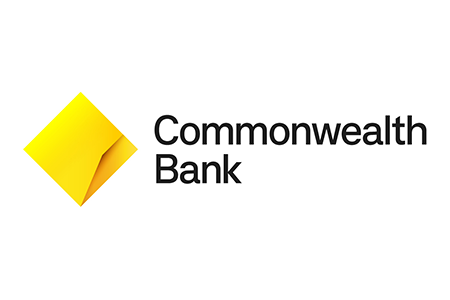
28 Feb GST Automation
GST Automation

Project Team
Commonwealth Bank
Intuit
Target
Businesses and Government
Problem
Businesses registered for the Goods & Services Tax (GST) must lodge a business activity statement (BAS) to help them report and make payments, however this process can be time consuming and expensive.
Solution
By enabling programmable payments, using CBDC, the collection of GST could be automated. This allows automatic initiation of payments and removes the need for human intervention to discover, calculate and confirm the required conditions are met before a payment is executed.
CBDC Leverage
This pilot leverages CBDC to enable programmable payments to improve the cost, speed and quality outcomes.
The Opportunity
Many businesses carry the responsibility of collecting GST and claiming credits via quarterly Business Activity Statements (BAS). The BAS outlines the amount of GST credits or debits claimed, which results in a payment either to or from the Australian Tax Office (ATO).
This use case proposes programming the business rules of GST collection and disbursement and using CBDC to automate the collection and payment of GST. By doing so, the payment can be split between the payee and the ATO to improve speed and relieve the burden on businesses alone.
Pilot
The pilot demonstrated the collection and payment of GST using automated programmable payments, enabled by the implementation of a pilot CBDC. Merchants initiated the process via an in-app invoice payment. The pilot created a specific GST wallet or account where all GST amounts payable and receivable were automatically calculated, pooled and periodically settled with the ATO, effectively relieving the burden of tax collection on the businesses
The pilot also examined the feasibility for GST credits to be automatically processed for the business, with the payment made directly into their bank account.
Contact us
Contact the Digital Financial CRC to be connected to
the next wave of finance transformation.
